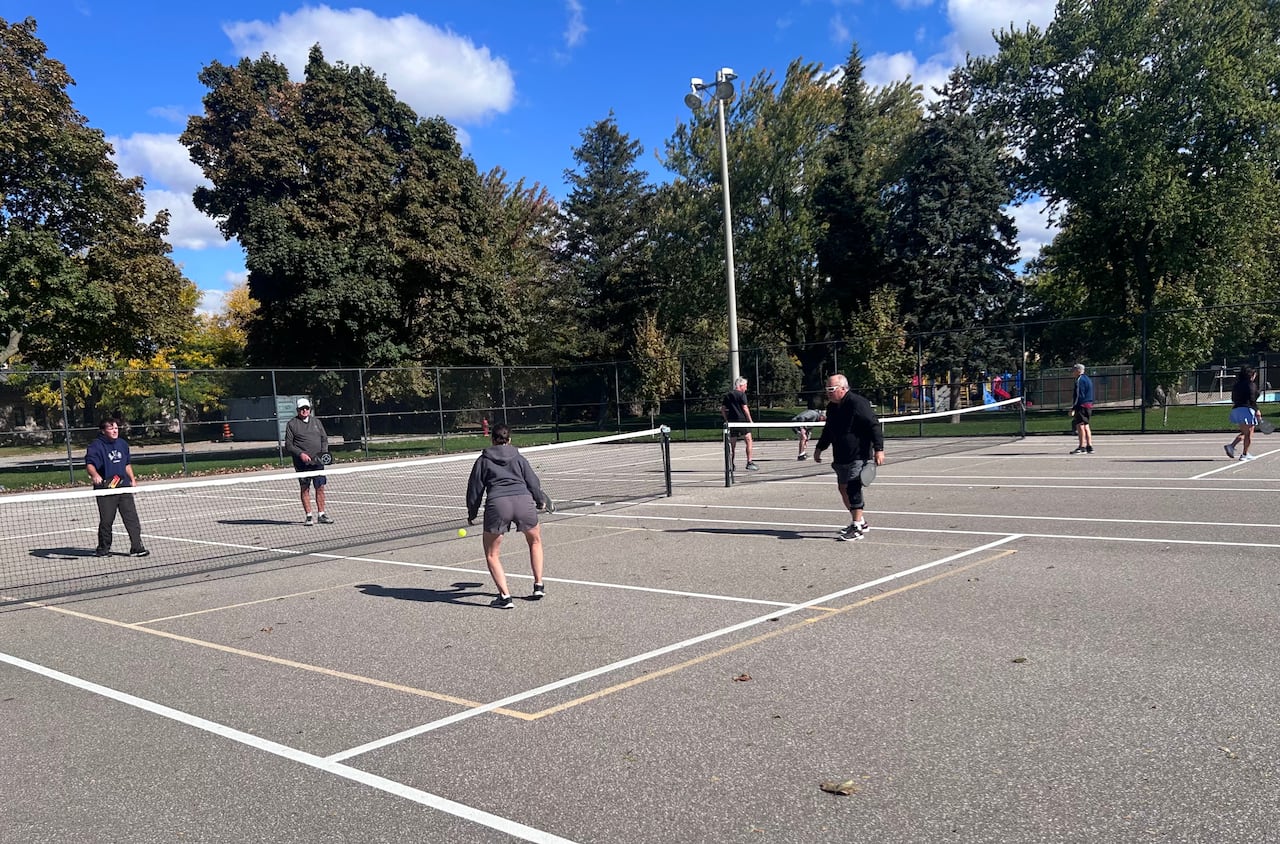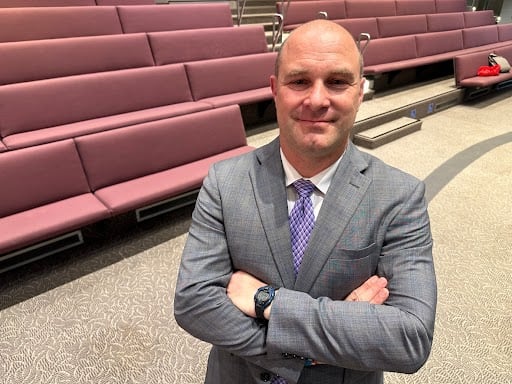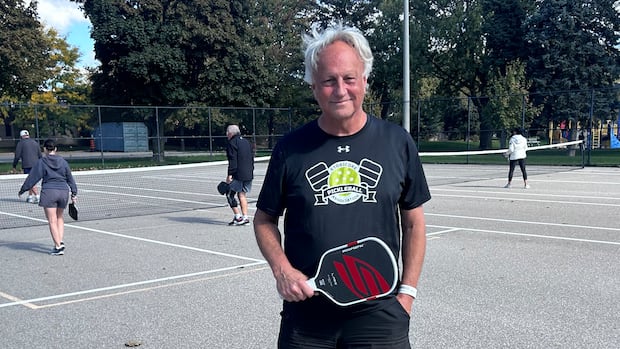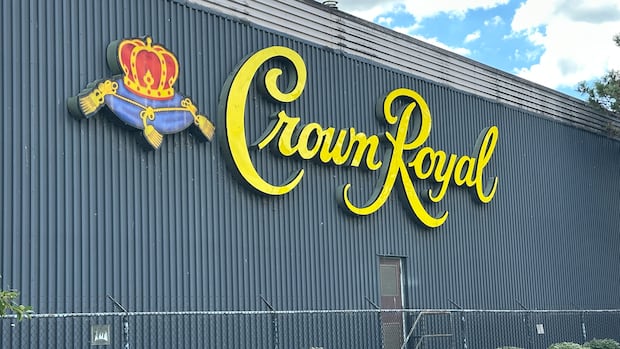Pickleballers are making too much racket, say some Toronto city councillors, who believe it’s time to look into noise restrictions at the courts.
The sport’s booming popularity has led to conflicts in some neighbourhoods, according to Coun. Ausma Malik, where local residents are complaining about the persistent, high-pitched popping sound created by the soft, hollow balls hitting the solid paddles.
“I can absolutely see the appeal,” said Malik, who has played the sport. “As one of the fastest-growing sports in Toronto we want to make sure Torontonians can enjoy the game, and we can have these facilities in all parts of the city, and it can be one that neighbours can also abide by.”
Malik drafted a motion, passed by council this week, calling on staff to investigate ways to mitigate the noise, as some other jurisdictions in Canada have done.
The sport has taken off since the COVID-19 pandemic created a surge in outdoor activities, according to Pickleball Canada. A January 2025 survey showed about 1.5 million Canadians now take part in the sport. Ontario leads the way with just under 600,000 participants, the survey shows.
But the rise in popularity has also led to rise in noise complaints, according to Malik.
She points to a letter she received earlier this year, signed by 20 households near the pickleball courts at Trinity Bellwoods Park.
“What residents have shared with me is the persistent popping sound of pickleball play is very distinct from other sports, and it’s the impact of that that is very disruptive,” she said.
B.C., Ottawa have tackled pickleball noise: councillor
Malik’s motion calls on staff to check in with other jurisdictions, in particular British Columbia and the city of Ottawa, where pickleball noise has been successfully mitigated, she said.
Ottawa councillor David Hill told CBC Toronto his city implemented new rules at the beginning of the year that limit times of play, so there’s no pickleball noise early in the morning or in the evening. As well, the city closed and moved some courts, distancing them from residences.
“The current plan is a winning plan,” he said. “The city took the time to reach out to a knowledgeable consultant, they did a fairly robust analysis of just how close is too close for pickleball in residential areas.”

Those measures have caused complaints to dramatically tail off, he said. Now, he says, the grumbling is largely from people who want the city to bring more courts into circulation.
Ian Campbell, president of Pickleball Ontario, agrees the sport is taking off here.

He said in an email to CBC Toronto that the number of registered players in Ontario has more than doubled in two years, jumping from about 14,000 in 2023 to more than 30,000 this past summer.
In order to tackle the noise, he said pickleball clubs are experimenting with new materials like quieter balls and paddles, and sound-dampening plexiglass fencing.
But some disruption may be inevitable. “What some residents consider ‘noise,’ is to others simply the sound of people enjoying themselves,” he wrote.
“There is no doubt that pickleball is here to stay,” Hill said. “Cities will eventually realize this and build dedicated pickleball specific locations where the joy of play and the issue of sound can coexist.”
City staff note rise in pickleball-related noise complaints
City of Toronto staff told CBC Toronto in an email they’re in the process of responding to the rising demand. This year and next, the city is upgrading 25 pickleball courts city-wide — one in each ward.
As well, a 12-court complex in Etobicoke’s Centennial Park is expected to open next year.
But staff also note an increase in noise complaints around pickleball courts. A spokesperson said 20 have been received since 2024, but none before then.
John Cameron, the head of the five-year-old Etobicoke Pickleball Association, says his group has grown from about 400 members to about 2,000 this year. Noise has been a non-issue for his members, he says.
“We have people playing at about 50 different courts, outside here in Etobicoke, but we have not heard a single complaint. None,” he says.
Cameron thinks that simple consideration for others could be a big part of the solution.
“One thing we do is we don’t start too early and we don’t play too late,” he said. “I think that’s being kind to the neighbours you’re playing around.”
Malik’s motion calls on staff to include in its ongoing study of all city recreational facilities a look into possible new regulations to govern pickleball. It’s not clear when that report will come to council for approval.







